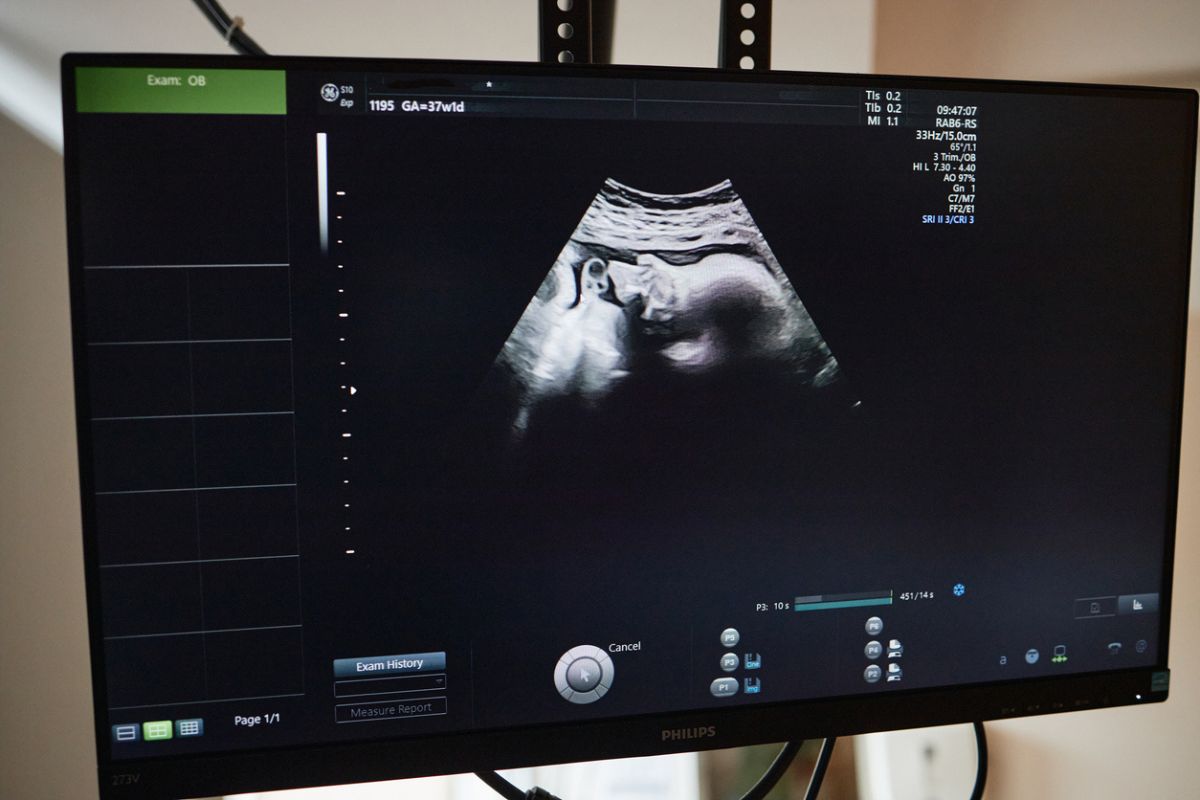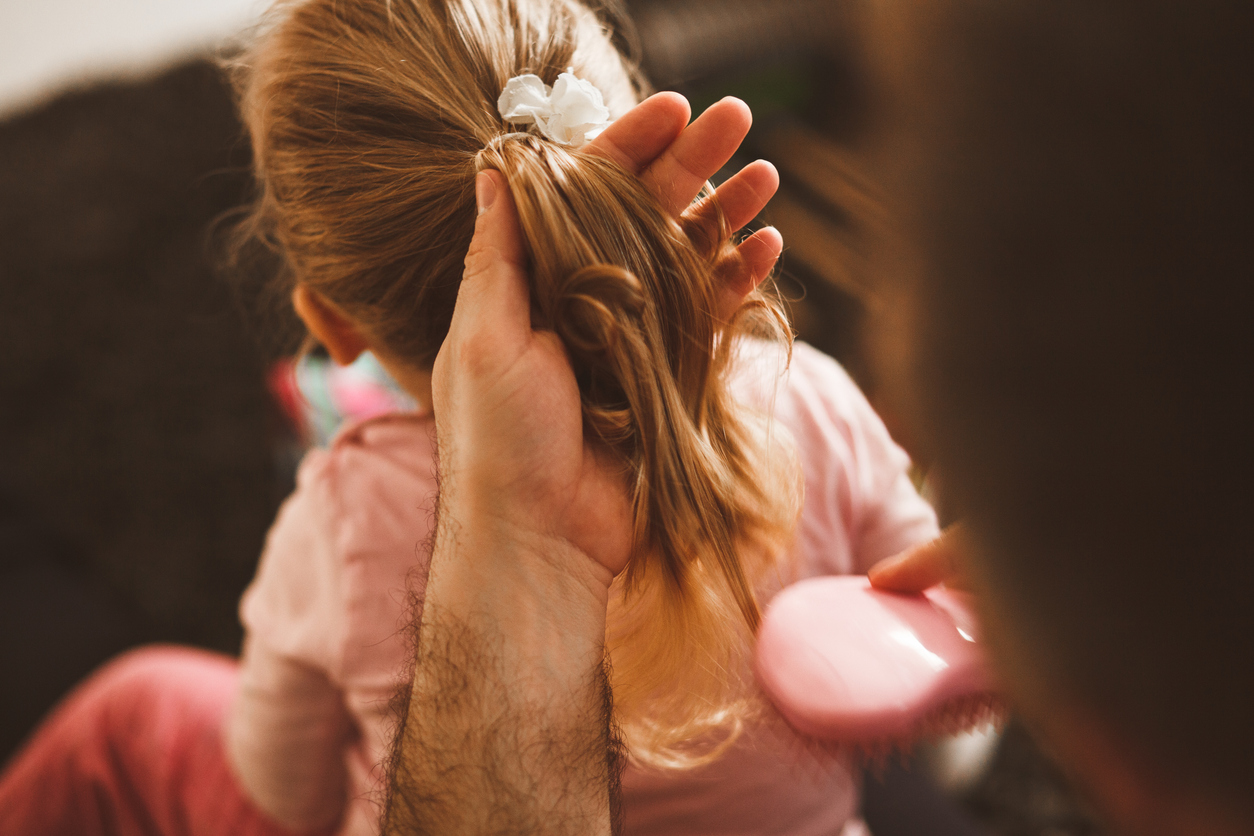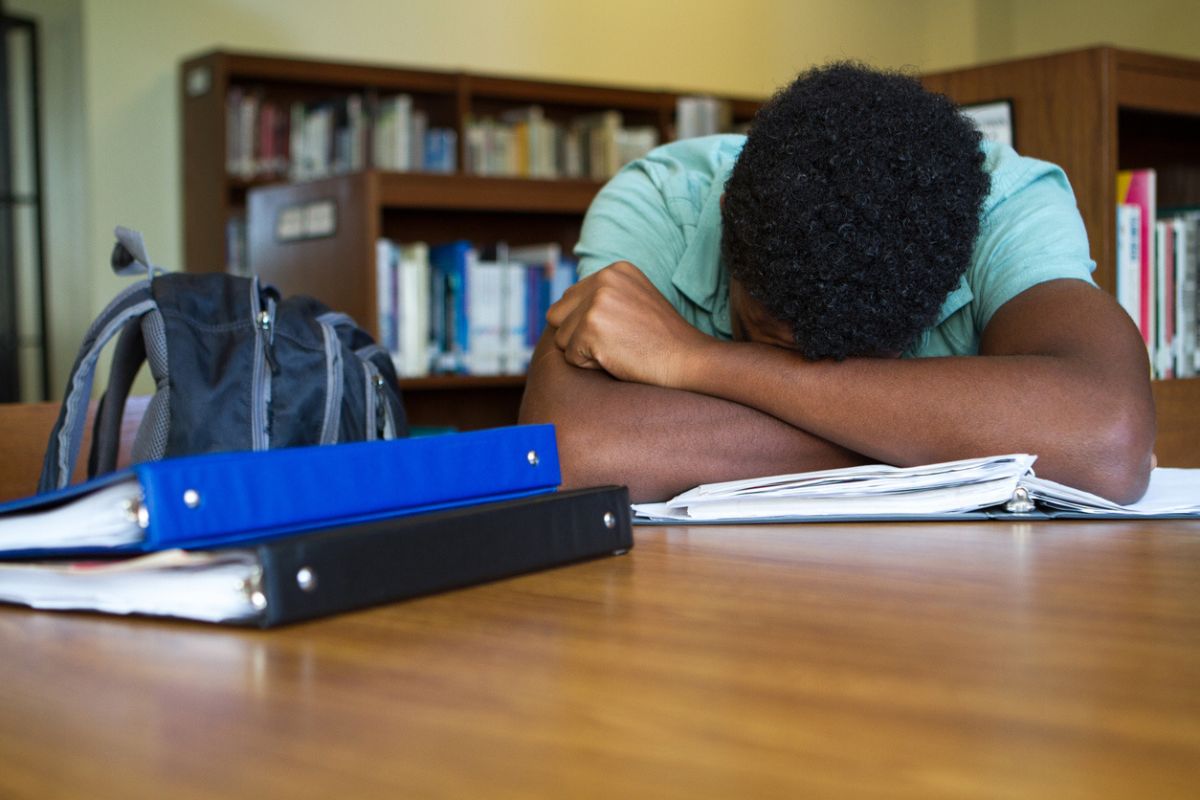In May 2023, Florida Gov. Ron DeSantis signed a statewide school cell phone ban into law.
“Being normal kids, like kids were prior to social media, is important,” DeSantis said at the bill signing ceremony. “The social media (causes) more problems than it solves, and I think it causes more harm than good. So, let’s have our education system be as much about traditional education as we can.”
Since then, more than a dozen states have rushed to jump aboard the bandwagon. It’s no wonder. The most recent Pew Research Center survey on the subject showed that almost half of U.S. teens admitted they’re online almost constantly. And that’s probably why 81 percent of adults – and 72 percent of teachers – favor these blanket restrictions.
Even the U.S. Surgeon General weighed in on the stress that’s bearing down on this “always on” generation, going so far as to call for a warning label on social media platforms.
“A surgeon general’s warning label, which requires congressional action, would regularly remind parents and adolescents that social media has not been [proven] safe,” U.S. Surgeon General, Vivek Murthy, MD, wrote in a New York Times essay.
But has it all been worth it? Do cell phones ban do any good?
That’s what a group of researchers at the University of Birmingham wanted to find out. What they found (or didn’t find) defies conventional wisdom. They discovered a distinct lack of evidence to suggest that school phone bans improve adolescents’ mental health, academic performance, or other behaviors, such as sleep and physical activity.
Methodology – And a Surprise
The UK researchers based their findings – which appeared this week in The Lancet Regional Health Europe – on data pulled from 1,227 adolescents aged 12 to 15 across 30 English secondary schools. Among these schools, 20 had restrictive phone policies prohibiting recreational use, while 10 permitted phone use throughout the school day.
The researchers compared mental wellbeing, academic attainment, sleep patterns, and physical activity between students from schools with permissive and restrictive phone policies. To their surprise, they found no notable differences in any of these outcomes.
The primary measure for mental wellbeing, the Warwick–Edinburgh Mental Well-Being Scale (WEMWBS), displayed no measurable variation between the groups.
Additionally, adolescents in schools with phone bans failed to show any improvements in other areas, such as anxiety, depression, sleep duration, academic performance, or disruptive classroom behavior.
One caveat: They found that restrictive phone policies did cut down on phone and social media use during school hours. Even so, it didn’t translate to a drop in overall daily or weekly screen time.
The Role of Cell Phone and Social Media Use
However, the scientists did confirm a strong tie between increased mobile screen time and negative outcomes, such as poorer mental health, disrupted sleep, and lower academic performance. But, the paper’s authors insisted, the solution isn’t simply locking up the kids’ smartphones.
“We did find a link between more time spent on phones and social media and worse outcomes, with worse mental wellbeing and mental health outcomes, less physical activity and poorer sleep, lower educational attainment and a greater level of disruptive classroom behaviour,” Victoria Goodyear, MD, Associate Professor at the University of Birmingham and lead author of the study said. “This suggests that reducing this time spent on phones is an important focus. But we need to do more than focus on schools alone, and consider phone use within and outside of school, across a whole day and the whole week.”
Policy Implications for Students
These study results challenge the prevailing sentiment that school cell phone bans are the answer. Instead, the authors suggest a more holistic approach. Preventative efforts should consider how phone and social media use influences various aspects of adolescent life, including sleep, physical activity, and educational engagement.
“Our study suggests that school policies are not the silver bullet for preventing the detrimental impacts of smartphone and social media use,” Professor Miranda Pallan, a senior author of the paper, said. “The paper shows that restrictive policies on recreational phone use in schools do not lead to better outcomes among students, but that addressing overall phone use should be a priority for improving health and wellbeing among adolescents.”
The researchers recommend a ‘compositional whole’ approach, where guidelines focus on balancing screen time with other daily activities. This approach aligns with existing models for physical activity guidelines, which emphasize achieving a balanced lifestyle rather than imposing strict restrictions.
Further Reading
Surgeon General Calls for Social Media Warning Labels
Why Teens Are Using Flip Phones To Dial Up Better Mental Health



